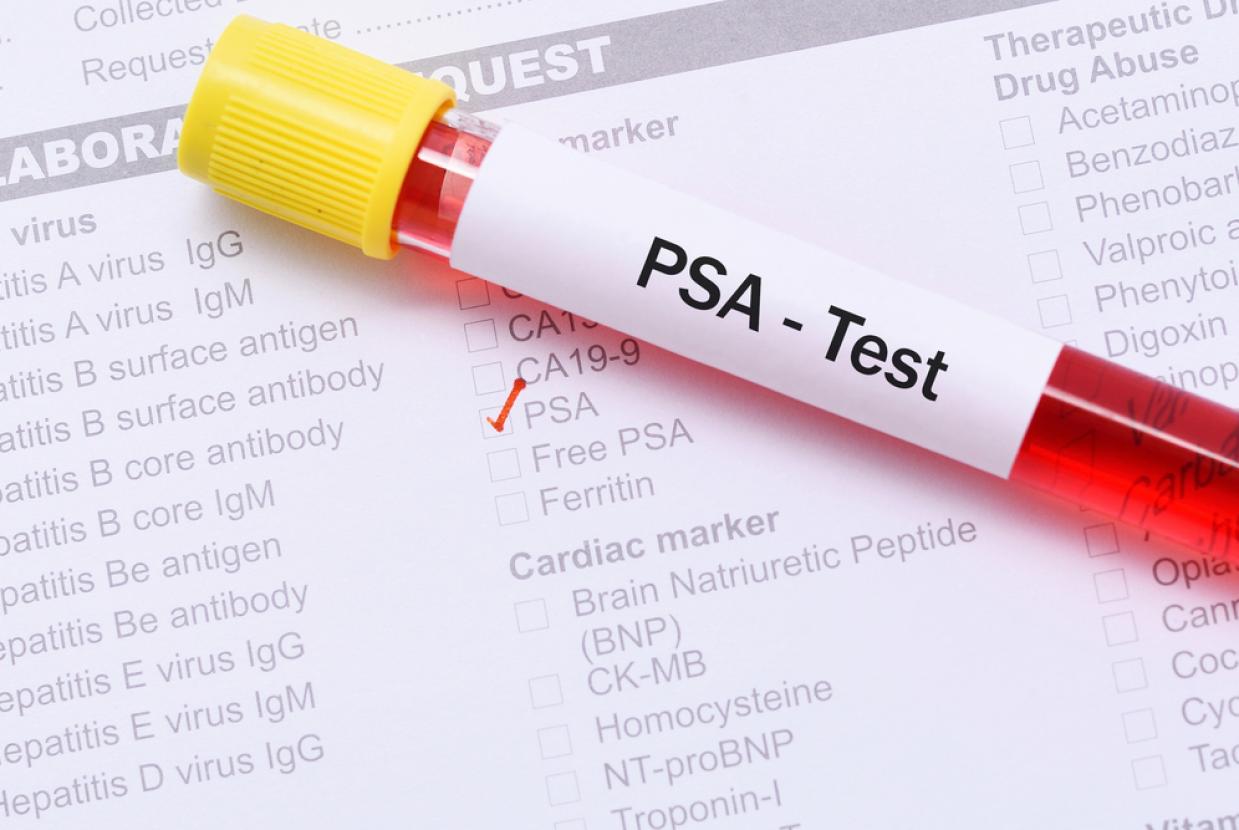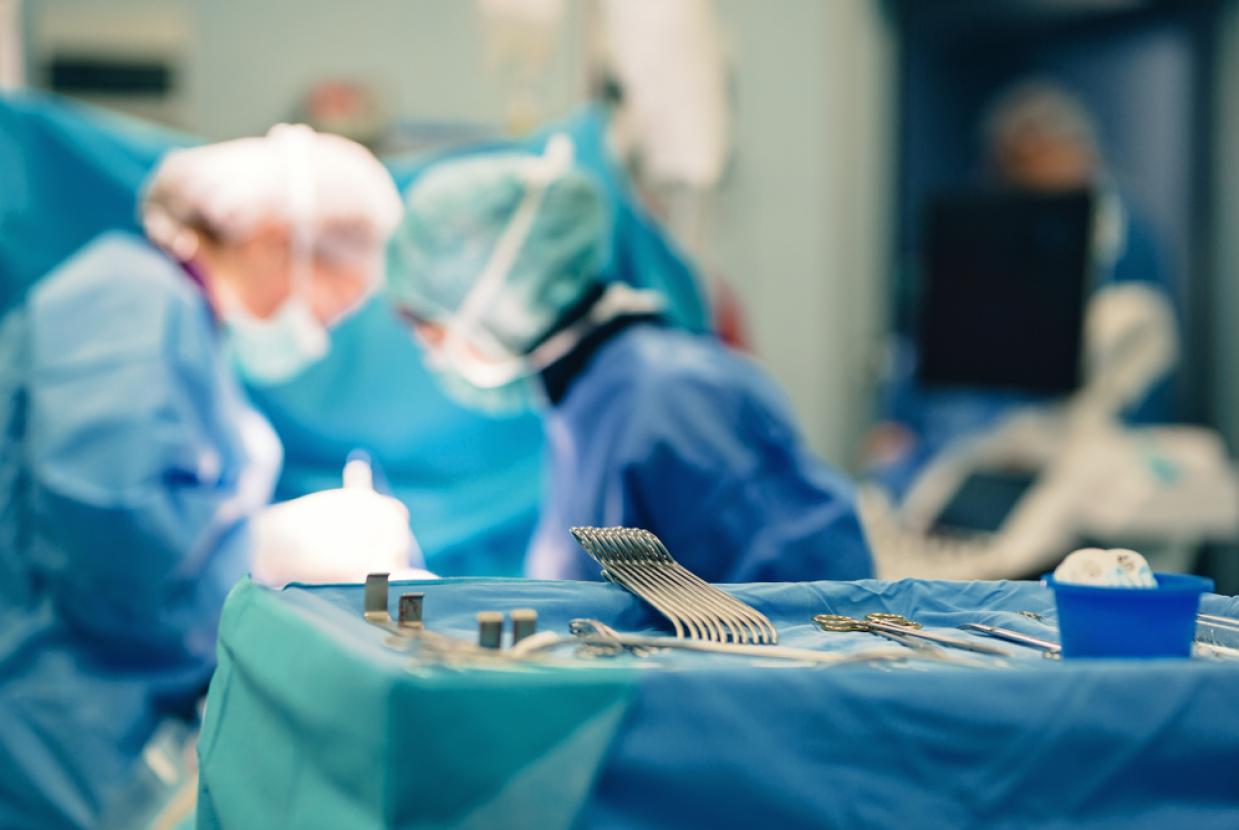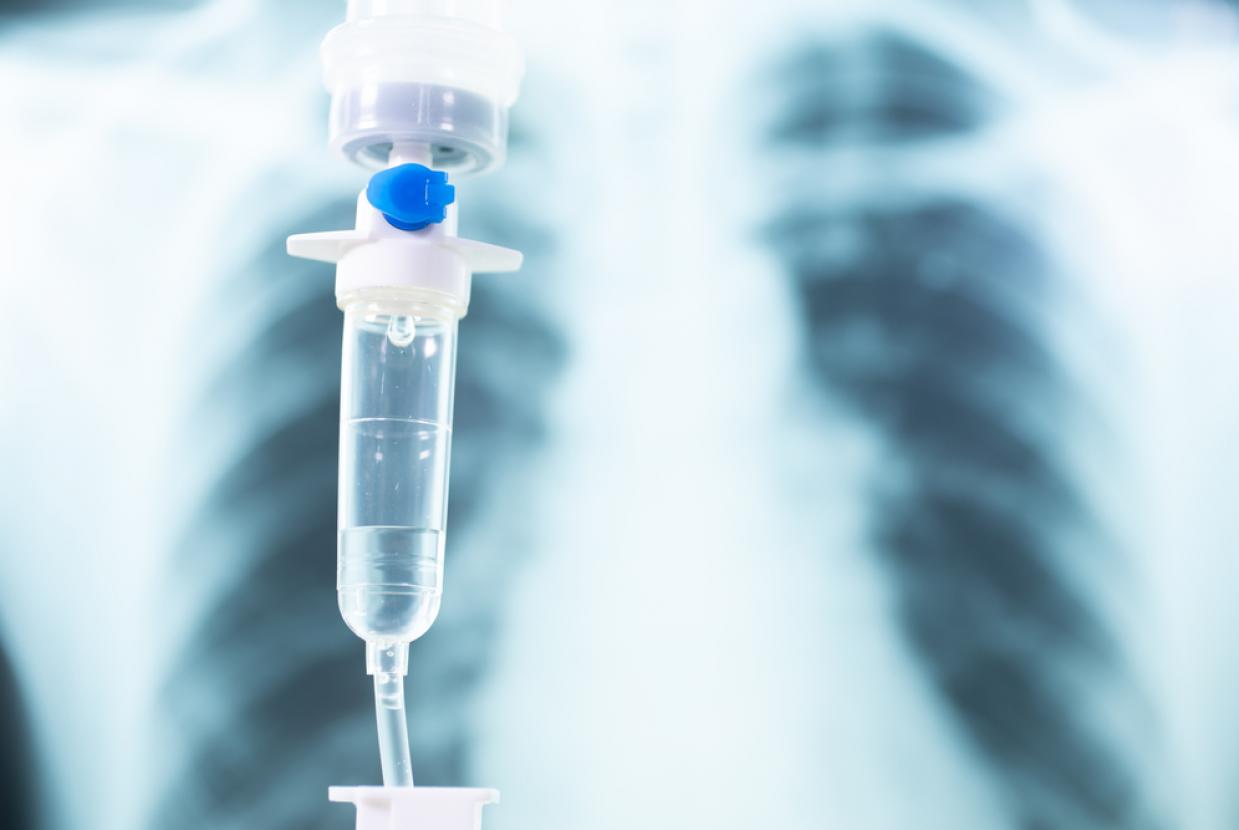Causes & Risk Factors
Doctors do not yet know what causes testicular cancer. But we know some of the risk factors that may increase the chances of developing it.
Undescended testicles (cryptorchidism)
The testicles develop inside the tummy (abdomen) of an unborn baby. Usually, they drop down (descend) into the scrotum at birth, or within the first year.
In some boys, this does not happen. This is called having undescended testicles (cryptorchidism). It can be just the one, or both the testicles that do not drop down. In this situation, surgery can be done to bring either the one or both testicles down into the scrotum. This surgery usually happens before the age of 2, and needs to be done before puberty.
Having an undescended testicle as a child increases your risk of testicular cancer. The risk may be higher if you did not have surgery for this.
If you had surgery to bring down the testicles as a child, you should check your testicles regularly. This is important so you can notice any changes early.
If you are worried about testicular cancer and would like to talk to someone, we're here. You can:
- Call the Macmillan Support Line on 0808 808 00 00.
- Chat to our specialists online.
Family history
Having a brother or father who had testicular cancer gives you a slightly higher risk of getting it. Research is looking into whether certain genes may increase the risk.
Carcinoma in situ (CIS)
Carcinoma in situ (CIS) is when there are abnormal cells in the testicle. If it is not treated, it increases the risk of testicular cancer developing.
CIS is sometimes found after having a biopsy of the testicle – for example, to investigate infertility (being unable to start a pregnancy).
Treatment for CIS may include:
- surveillance
- radiotherapy
- surgery.
If the treatment involves removing the affected testicle, it should not affect your ability to get an erection or make someone pregnant, as long as your other testicle is healthy. This means you will still produce testosterone after the surgery.
Cancer in the other testicle
If you have already had testicular cancer, there is slightly higher risk of developing cancer in the other testicle.
It is important to know:
- how to check your testicles
- the symptoms of testicular cancer.
Talk with your GP if you are worried about testicular cancer coming back.
Ethnicity
Testicular cancer is more common in white men than in African‑Caribbean or Asian men.
Human immunodeficiency virus (HIV)
If you are HIV-positive, you may have a slightly increased risk of developing testicular cancer.
Factors that do not increase testicular cancer risk
There is no evidence to suggest that injury to a testicle increases your risk of getting testicular cancer. But an injury to a testicle or the groin may bring possible symptoms of testicular cancer to your doctor’s attention.
Having a vasectomy does not increase the risk of getting testicular cancer.

























































